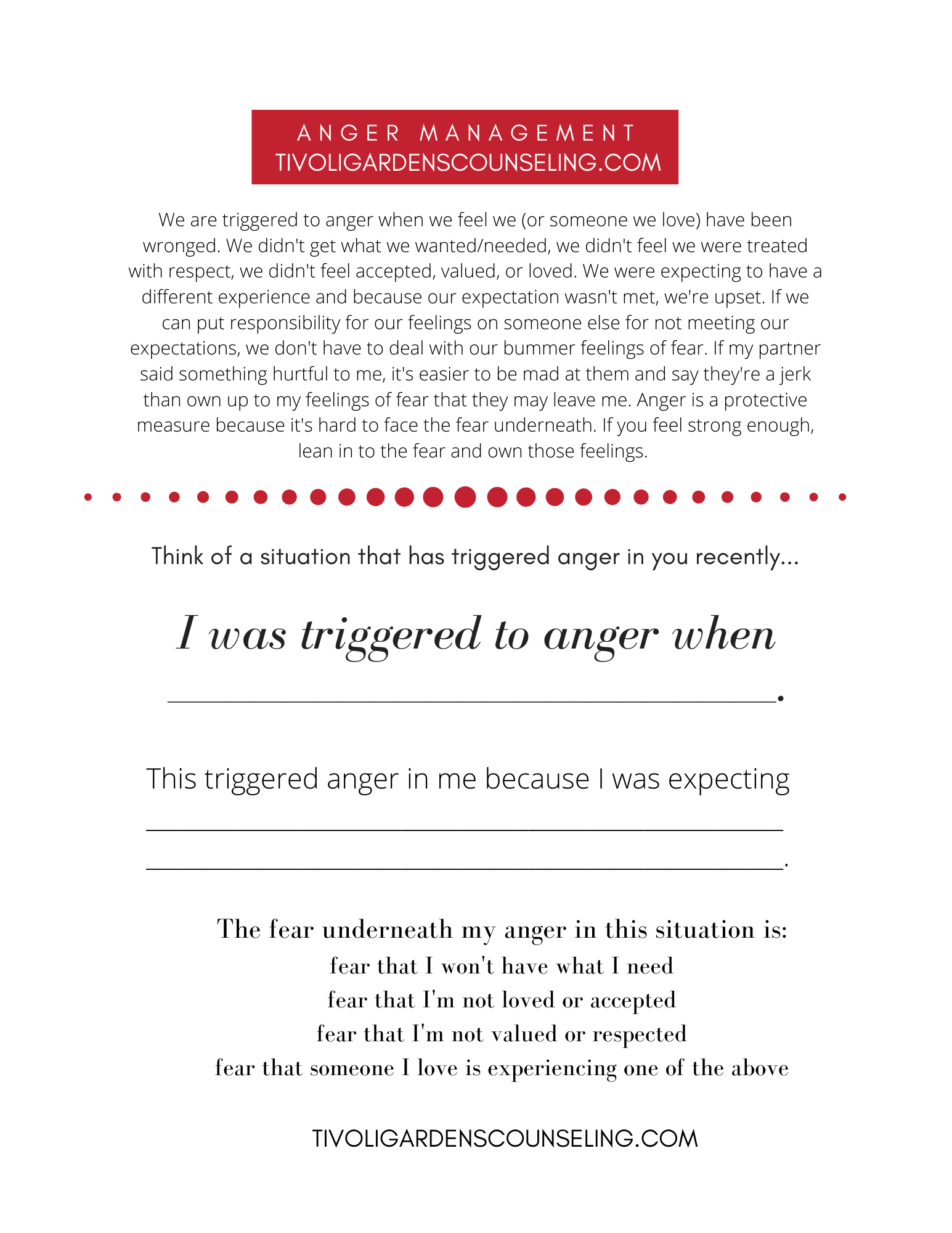What is your experience in stillness like?
Finish this sentence: If I spend all day not being productive, I’m _______. For me, it’s ‘wasting my time’. For others, it’s ‘a lazy piece of shit’. For some, it’s ‘heaven’. I don’t know what it is for you, but the idea of productivity has been coming up a lot lately, so I wanted to spend some time talking about it.
We need rest to be productive
We live in a very goal-oriented society that runs on busyness and productivity. Nothing inherently wrong with productivity, I think it can make us feel great and move us towards a better life oftentimes. But with anything, moderation is key. When we become obsessive about productivity, that’s when it becomes a problem. We can’t always be productive because we need rest to be productive. We can’t be productive without rest; we need both in tandem. So if you struggle with allowing yourself to rest, let’s reframe rest as an essential part of productivity. Rest is helping you get on your way to being productive.
Think about how productive you are on little sleep… not very productive, right? You’re distracted, you’re exhausted, you’re stretched for resources. But for some reason it seems different when it comes to other restful activities. Allowing ourselves to take a twenty minute stretch break, an hour to walk through the park, ten minutes to practice meditation, or five minutes to play with our dog may seem frivolous or unhelpful towards our goals for productivity, but just like you need sleep to do anything remotely productive, you also need restful things throughout your day to help your brain and body be in the right state to move towards anything productive.
An inability to rest leads to stress, frustration, and anxiety
Otherwise, you’re most likely going to be stressed, frustrated, and anxious as fuck all day trying to go from one ‘productive activity’ to the next without any rest. That’s how I get anyways. I love to-do lists and I think they really help me stay focused/be productive, but sometimes I feel like my life turns into one big productivity checklist and I can’t rest until everything has been checked off the list. I move from one productive task to the next and tell myself I’ll rest or do something fun when I get done with all of it. If I can just finish everything on the list today, I’ll rest tomorrow. But I know the list will never be completed, there will always be more productive things to accomplish, and life is not a checklist. I still stand by to-do lists because otherwise I’d forget everything important that I need to do, but to-do lists don’t need a due date. You’ll get to them when you get to them.
Practicing mindfulness around what we’re doing can lead to restful productivity
To-do lists often feel like ‘have-to-do’ rather than ‘get-to-do’ lists. Imagine reframing: I have to do the laundry, mop the floors, water the garden, grocery shop, and meal prep today to I get to do the laundry, mop the floors, water the garden. grocery shop, and meal prep today. How can you reframe it in your mind but also how can you physically reframe the activity? Reframe these things in your mind by practicing gratitude for the responsibilities and privileges you are afforded (i.e. a house, a garden, the ability to buy and cook food, etc.). Reframe these things physically by making them more fun and restful. It’s hard to enjoy folding laundry or mopping floors when you’re rushing through these activities just trying to get through your checklist. It’s easier to enjoy folding laundry or mopping floors if you’ve got some music jamming in the background and allow yourself to dance around while you clean things up. It’s hard to enjoy watering your garden when you’re focused on all the things you need to get done after you water your garden. It’s easier to enjoy watering your garden when you allow yourself to be immersed in it’s beauty and stop to linger at the new life you see. It’s hard to enjoy grocery shopping and meal prepping when we feel stretched for time to do these things. It’s easier to enjoy grocery shopping and meal prepping when we give ourselves the time we need to do these things.
Productivity anxiety saps our energy, creativity, and spontaneity
Life isn’t a checklist and life doesn’t need to be rushed through. Sure, maybe you save 5 minutes here or there by rushing through folding laundry or hustling through the grocery store. Amazing, maybe you have 15 more minutes at night that you can use to zone out to Netflix with (since you’re clearly too exhausted and stretched to do anything but mind-numb at the end of the day). Making life a to-do list and rushing through this to-do list saps our energy, our creativity, and our spontaneity. It leaves us with nothing at the end of the day except a feeling of mild accomplishment and major exhaustion. Slowing down, reframing our ‘have-to-do’s’ to ‘get-to-do’s’, and allowing room for fun and creativity in our day is essential to quieting our anxious minds. It’s okay to relax. Relaxing is not a waste of time. Relaxing does not make you a lazy piece of shit. It makes you healthy and calm and more fun to be around. Give yourself a break from the productivity anxiety and find ways to add rest to every part of your day.

